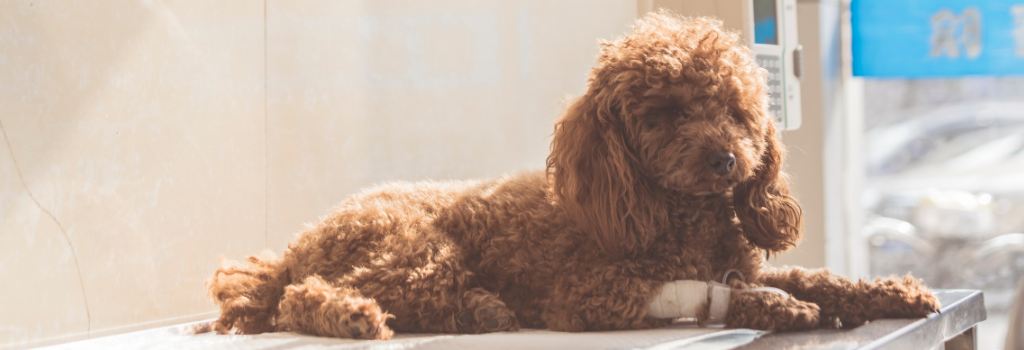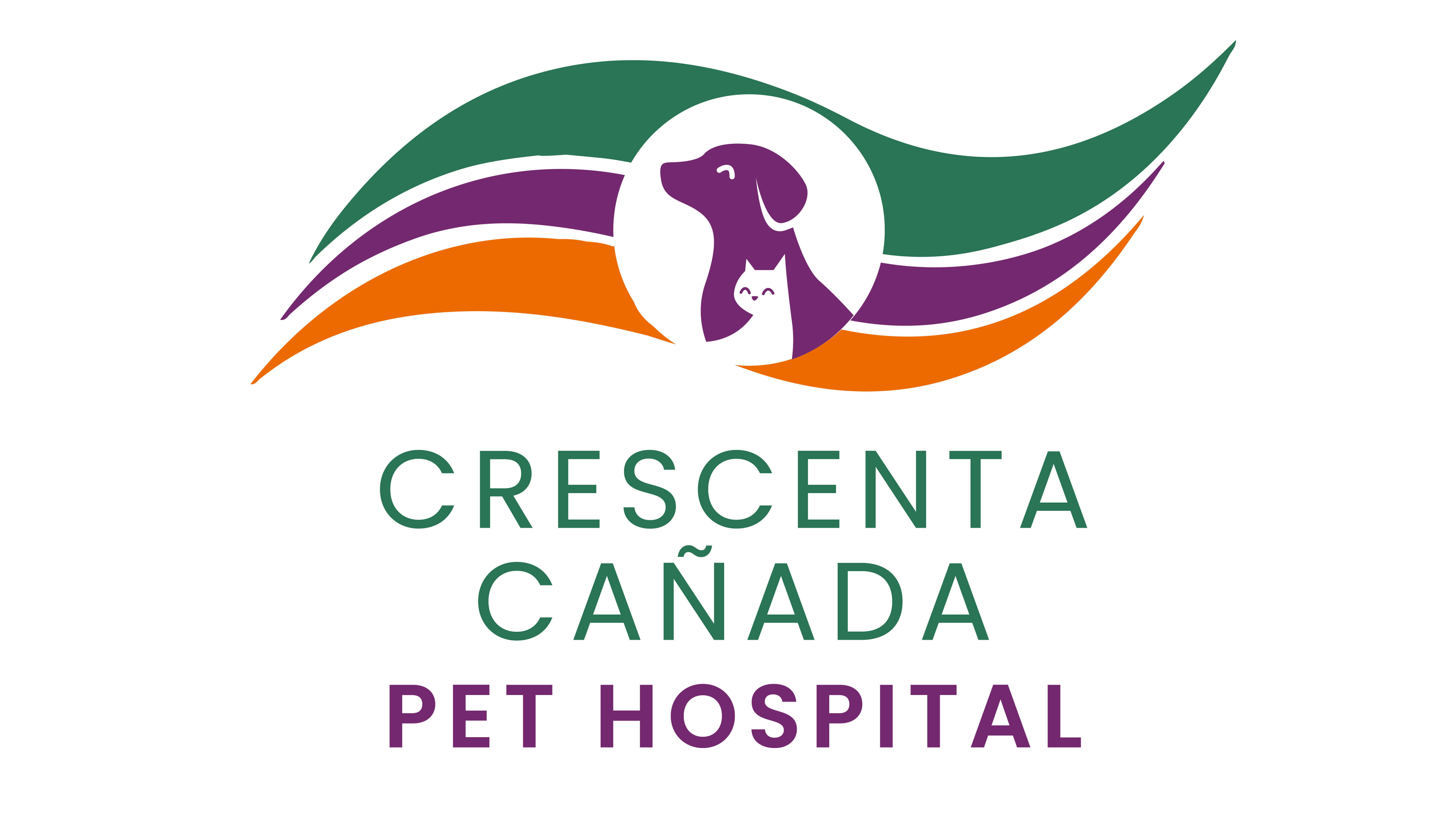If you’ve been told that your canine companion needs surgery, you’re likely a bit anxious. Chances are, you’ve turned to the web for answers, and we’re glad you found us. At Crescenta Cañada Pet Hospital, we want to ensure that you’re getting the critical facts you need to best care for your dog, especially when it comes to something as serious as surgery. To avoid misinformation you can find from misinformed (albeit well-meaning!) pet bloggers and other pet parents, we’ve taken FAQs about surgery for dogs and answered them as thoroughly and accurately as possible.
If you’re looking for a highly trained veterinarian in La Crescenta, CA, we’d love to see your dog for a second opinion or the upcoming surgery, so please call us right away at (818) 248-3963.
What do I need to know before my dog has surgery?
You’ll want to know what to expect from the surgery, what you're going to have to do to help your dog after the procedure, how you're going to have to take care of them, and what that will require of you. That could mean that you need to take extra time to spend with your pet or what that recovery looks like. And you’ll likely want to prepare an area for your dog to recover in that’s soothing and likely away from any other pets in the house (and perhaps young kids!).
Will my dog need lab work done before having surgery?
Yes. Nearly every veterinarian will require their patients to have lab work before surgery to understand how safe surgery is or isn't going to be for some canine patients. We want to understand their overall metabolic stability going into the procedure.
What will my veterinarian be looking for in that blood work?
One of the critical we look at is the platelet count to ensure your pet can appropriately clot their blood, as that's critical in surgery.
We’ll also check out the dog’s organ and other values, such as:
- Kidneys
- Liver
- Blood sugar
- Electrolyte levels
- Pancreas
- Thyroid
We check these values to know how the anesthesia is going to be metabolized or digested. The pre-surgery lab work will also tell us if there are other significant abnormalities that would give us concern about the dog’s overall health. The results of these checks will tell us whether their anesthetic risk is much higher or if we need to change our plans for their procedure.

Doesn't my dog need a specialist for surgery?
Dogs don’t need to see specialists for all surgeries. The type of surgery would determine whether or not we would refer them to a specialist. With certain things like orthopedic surgery, most veterinarians would likely refer to a specialist but it’s typically on a case by case basis.
Who will be monitoring my dog while under anesthesia?
The most anxiety-producing part of canine surgery is when the pet owner comes to grips with the fact that their dog has to have anesthesia. As veterinarians, we understand that, and we have safeguards in place. Ideally, the practice you take your dog to for surgery will have a team of veterinarians and technicians. Some of the technicians will most likely be registered veterinary technicians who have additional schooling, licensing, and particular training in anesthesia, and they're the ones who will monitor the anesthetic procedures. Someone will always be monitoring your dog, but who that is may vary from clinic to clinic.
How long will my dog take to recover from surgery?
Recovery times vary and also depend on what your dog will have done. Most soft tissue surgeries, spays and neuters, and wound repairs take about 10 days to two weeks for a complete healing period. Depending on the level of extraction, some of the oral surgeries can be a week to two weeks. And then some of the more complicated procedures, such as drastic wound repairs and things like that, can require about a two-week recovery. If the surgery involves the bones or orthopedic, it could be 6, 8, 12 weeks, or even up to six months sometimes.
How can I help my dog recover at home after surgery?
One of the most critical things is paying attention to discharge instructions from your doctor, which you'll receive after their procedure. Those instructions include information about medications that they may go home with, the diet they need, and their activity level. Activity restriction can be vital to some of the healing processes, and if your veterinarian requires your dog to wear an e-collar or a cone, you need to adhere to those guidelines. The instructions will also contain information on any follow-up that would be indicated post-procedure. And again, creating a quiet area away from the hustle and bustle of the rest of your home can go a long way in helping your dog recover.
If you’re looking for a highly trained veterinarian in La Crescenta, CA, we’d love to see your dog and evaluate their need for surgery, so please call us right away at (818) 248-3963.

